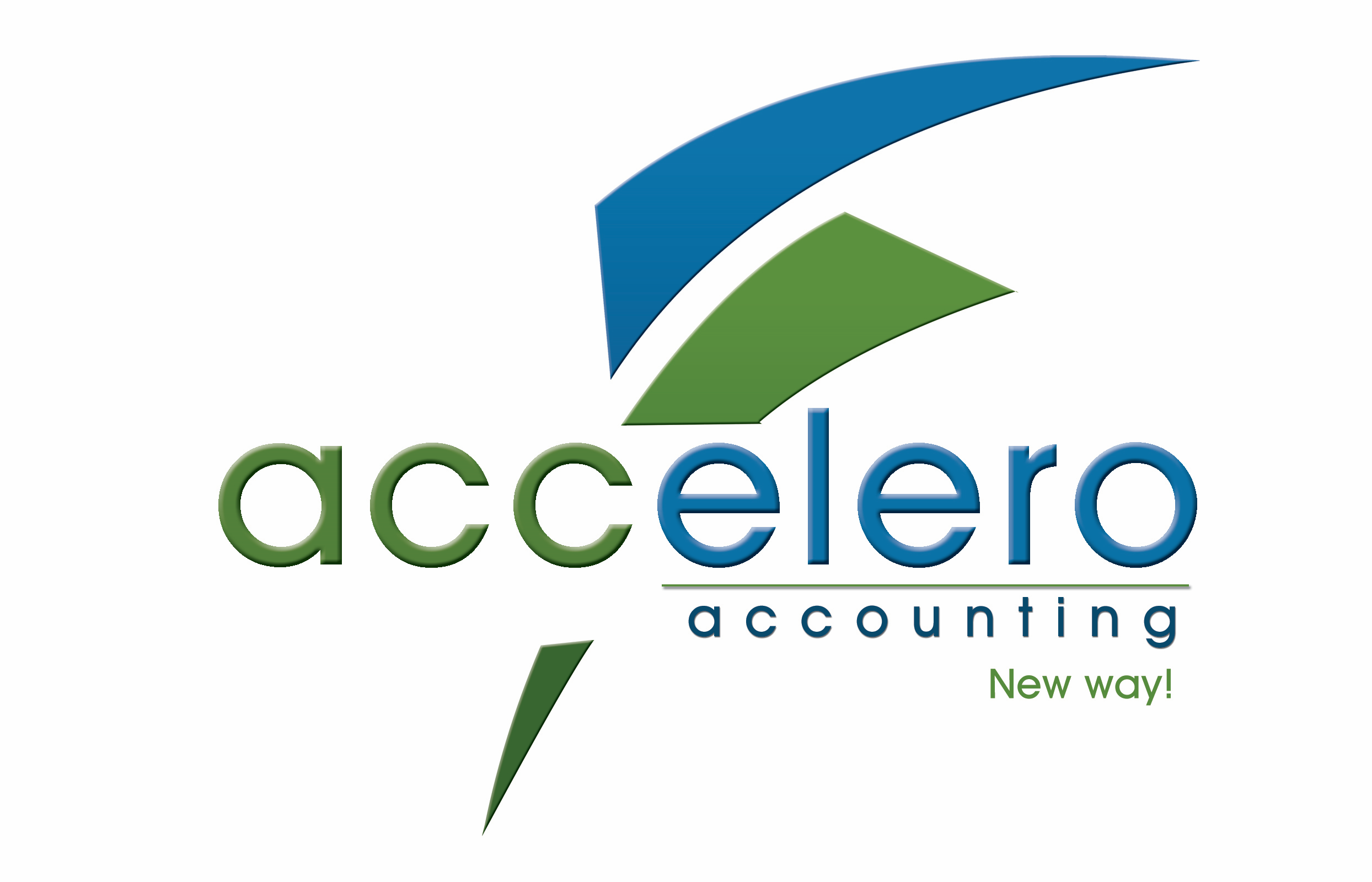| US GAAP – Generally Accepted Accounting Principles
IFRS – International Financial Reporting Standards
Adoption of International Financial Reporting Standards by US Companies will change the role of finance professionals. On November 14, 2008, the SEC released its proposed roadmap for the adoption of IFRS in the US thus affirming SEC focus on moving towards global accounting standards. In the Roadmap, the SEC did not set a definitive adoption date, but rather set forth several milestones that, if achieved, could lead to the required use of IFRS by US issuers beginning in 2014. Early adoption is permitted for the qualified companies for the period ending as early as December 15, 2009.
Following are the major highlights of the roadmap- |
SEC Roadmap
- 2009 – Early adoption permitted for qualified companies for periods ending December 15 , 2009
- 2011 -SEC will evaluate the success of early adopters and progress against the pre-defined mile stones.
- 2014 – IFRS filing for large accelerated filers for Fiscal years ending on or after December 15, 2014.
- 2015 – IFRS filing for accelerated filers for Fiscal years ending on or after December 15, 2015
- 2016 – IFRS filing for non- accelerated filers for Fiscal years ending on or after December 15, 2016.
|
| Regardless of the date US companies are required to adopt IFRS, in the near-term one can see continued convergence between US GAAP and IFRS accounting standards, followed by ultimate conversion to IFRS.
An agreement between the Financial Accounting Standards Board (“FASB”) and the International Accounting Standards Board (“IASB”), called the Memorandum of Understanding (“MoU”) pledges to improve both US GAAP and IFRS in 11 major topical areas such as revenue recognition, leasing, consolidation, financial instruments, debt and equity. The effects of these accounting changes reach far beyond just financial reporting.
We believe that the adoption is inevitable and would also be in the best interest of investors and companies as they move towards a single set of robust global accounting standards ensuring better transparency across nations. |
|
 Impact of IFRS on US Companies Impact of IFRS on US Companies
- Better transparency.
- Initial assessment of the differences in GAAP and IFRS accounting is necessary within a company
- Advanced accounting and financial systems needed for IFRS accounting
- Transitioning will require lot of work such as maintenance of dual ledgers, better information and reporting systems and increased costs
- While IFRS implementation is focused on public companies, soon private companies will adopt too if they have overseas subsidiaries, foreign based operations or foreign based investors etc.
|
 Differences between IFRS and GAAP Differences between IFRS and GAAP
| More than 200 differences exist between IFRS and GAAP accounting. For example:-
- IFRS does not allow extraordinary items, in contrast to GAAP.
- R & D development is capitalized under IFRS and expensed under GAAP
- does not allow LIFO inventory costing, whereas GAAP does.
- IFRS is described as “Principles Based Accounting” while GAAP is more “Rules based”
- Some of these differences such as eliminating LIFO as an inventory costing methodology under IFRS will affect corporate income-tax expense, as the U.S. Internal Revenue Services allows LIFO accounting if the company also uses it for financial reporting.
- In addition, IFRS requires more disclosures in the financial statements.
- When preparing for IFRS, however, it is not possible to determine what future financial results will look like, as calculation of some balance sheet items depend on current interest rates.
|
 Steps to be taken by US Companies to get IFRS Ready Steps to be taken by US Companies to get IFRS Ready
- Understand the change – CEOs and CFOs of companies should know about the impact of IFRS on the entity as the change affects not just financial statements but also other regulatory, legal or operational obligations that rely on financial reporting.
- Perform an Initial assessment – Hire IFRS advisors to do a detailed and in depth assessment on the current process and practices.
- Impact on foreign subsidiaries – Consider how new adoption of standards will influence business across international boundaries. There might be a need to re-visit long term strategies, international taxation, financing and other processes.
- Corporate GRC (Governance, Reporting and Compliances– Starting early is the key to avoid huge costs later.
- Solid planning – Companies need to consider the short term and long term effect of conversion and prepare a timeline to effectively integrate them into existing processes.
|
|
|
 Advantages of IFRS Advantages of IFRS
- Global Comparison – A business can compare its financial statements to its foreign competitors more easily when they comply with the same accounting standard
- One set of Standards – Multinational companies need not maintain books as per different accounting standards. Better consolidation resulting into time and cost savings.
- Global Financing opportunities – Companies can reach the global capital market to raise their funds because of easy comparability of its financial data to foreign competitors for the prospective investors.
- Greater transparency – Greater transparency of information and the similar events are treated similarly by different companies
|
 Disadvantages of IFRS Disadvantages of IFRS
- Transition to IFRS will involve huge cost and time like adapting changes in accounting software, training accounting professional in IFRS etc.
- Accounting profitability of the company may get affected during the initial phase of IFRS
- Investors in the transition period will undoubtedly be somewhat confused as they have to compare similar companies with different accounting standards.
- Our trained IFRS consultants can help you understand the change and gear you up for future reporting and compliances. Contact us to do an evaluation of impact of IFRS on your company’s critical areas.
|
|
 Impact of IFRS on US Companies
Impact of IFRS on US Companies


